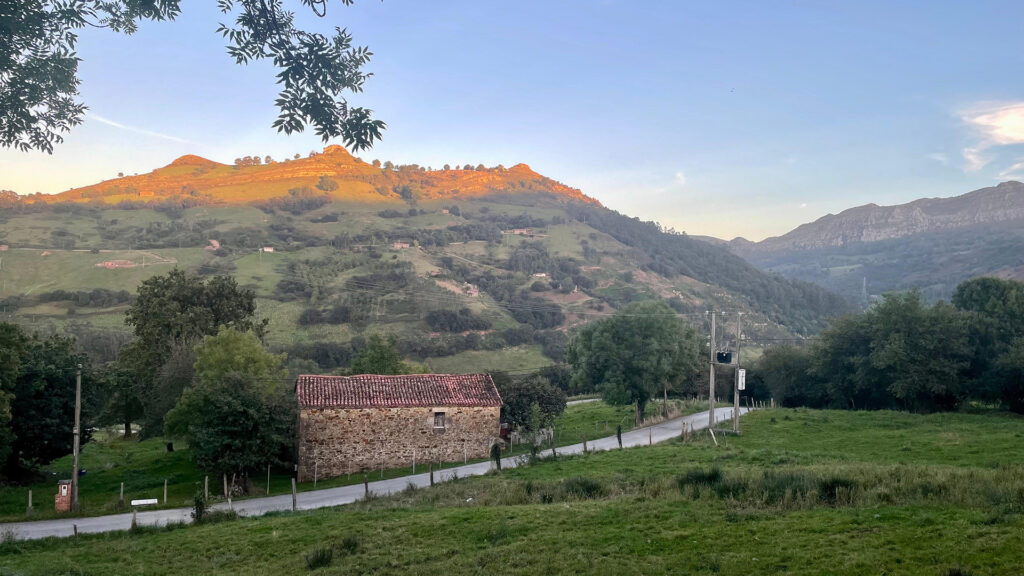From one woman’s courage to a common mission that brings science and community together through the CELISE project for sustainable rural development.
During protests in Nairobi in the early 1980s, women with no political power or protection stood up against the men who were cutting down the last remaining forests in the city. All she had was the belief that the trees must survive. Her act stopped the destruction and became a symbol of environmental protection in rural areas.
“When we plant trees, we plant seeds of peace and hope.”
Her words are so simple yet so powerfully true. In rural and vulnerable areas, that message remains particularly important. To radically improve social development, preserving both natural and cultural heritage must be fundamental. Sustainability is based on three pillars: economic, environmental, and social. Including people, traditions, and landscapes gives meaning to future solutions.
Utilization of biomass
The use of biomass resources in rural areas can be a good alternative to strengthen that balance. The future of these sparsely populated areas may be based on new businesses and local entrepreneurship that utilize agricultural and forestry residues that were previously considered waste. These can be turned into sources of energy, new materials and local income. This is the focus of the CELISE project, which seeks sustainable solutions for rural and vulnerable areas by reusing local biomass residues. This project demonstrated that combining scientific knowledge and community participation can enhance sustainability. The project is coordinated by the University of Cantabria in northern Spain and has received funding from the European Union’s Horizon 2020 research and innovation program under Marie Skłodowska and Curie grant agreement no. 101007733.
The intersection of knowledge and community empowerment
The experience of engineering projects teaches us an important lesson: without the voice of the people, technical solutions often fail. Economic aspects ensure feasibility. The environmental dimension ensures responsibility, while the social dimension ensures meaning and continuity. Without it, even cutting-edge ideas can lose their purpose once they hit the ground running.
The same thing happened in the life of a woman who once walked among the trees in Nairobi. When I traveled abroad to study biology, I discovered a world where education was opening up opportunities that were still closed to many women in my home country. She realized that natural processes and social issues are deeply connected. A few years later, she became the first woman in the country to earn a Ph.D. From there she returned to her homeland and always advocated the idea that knowledge should not be confined to the laboratory, but should be useful for social progress in rural areas.
Combining collaborative research and local knowledge
Following this idea, the CELISE project brought together researchers from 24 institutions from both academia and business in 11 countries in Europe and Latin America to develop sustainable innovations based on local realities. The project considered each solution from technical, economic, environmental and social perspectives through research exchange between partners. Collaboration and dialogue are key, and the teams have shared data, approaches and experiences to build new models for small and medium-sized enterprises, as well as creating local value and strengthening social cohesion, both in rural and vulnerable regions, where culture is one of the fundamental pillars, as well as reducing waste and generating clean energy.
The success of the project is less about the science and more about the methodology: listening, sharing and respecting local knowledge. Science provides powerful tools, but when technical expertise and cultural roots grow together, truly sustainable solutions emerge.
Empowerment through environmental activities
The real impact is reflected in the messages sent by rural women during the implementation of the project. “Hello, I would like to express my gratitude for having been able to carry out this project. Like all of my colleagues, I felt listened to and supported. I think this is a project that unites us, gives us perspective and supports us in the daily struggles that each of us face. With a very visible approach, with very creative and emotional participation from start to finish, it was fun and… At the same time, it’s frustrating. With ideas like this, we might have a chance to influence the world by being more sensitive to the field of entrepreneurship and supporting the aspirations and motivations we feel when carrying out actions. Thank you so much for all your thoughts and consideration!
That very thought inspired the woman in this article. For her, planting trees was not just an environmental act, but also a way to build peace, justice, and hope. Her work mobilized thousands of people, especially women, and changed the landscape and spirit of the country.
She is Wangari Maathai, who won the Nobel Peace Prize in 2004. That day, she repeated the words that guided her life. “We cannot protect the environment unless we empower and inform people and help them understand that these resources are theirs and must be protected.”



This project has received funding from the European Union’s Horizon 2020 research and innovation program under Marie Sklodowska-Curie grant agreement No 101007733.
This article will also be published in the quarterly magazine issue 24.
Source link

